Contents
Children and allergies: the main fruit taboos
We used to think that fruit is one solid benefit. So, they can also be given to babies without much fear. And the children themselves with great pleasure eat sweet fruits and berries both in their pure form, and in all sorts of delicious dishes that they are pampered by caring parents. Alas, some fruits are fraught with a hidden threat. We are talking about fruits that cause allergies in children.
Citrus to citrus discord
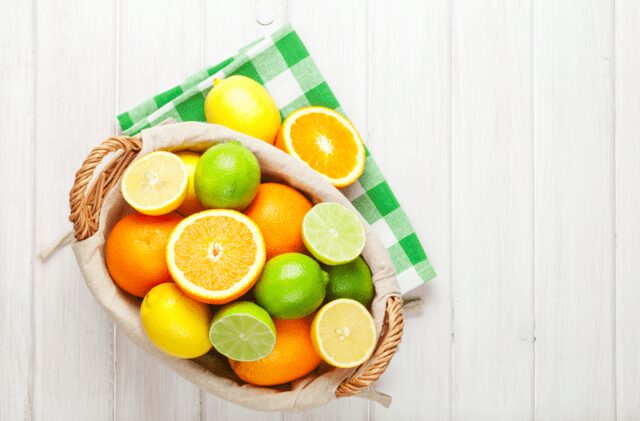
Fruits in the diet of children should be mandatory. Hardly anyone will argue with this. But when choosing them, it is important to adhere to the golden rule. The main part of the baby’s diet should be fruits from the region or at least the country where he was born and grows. It is no coincidence that imported citrus fruits are recognized as the most common allergens. It is noteworthy that tangerines grown, say, in the south of Russia, can be absolutely harmless for a child, while Mediterranean fruits cause painful itching. You can only recognize an allergy by experience. Give the baby a piece of pulp and watch for the reaction. Have you noticed a deterioration in your health? This fruit should be immediately excluded from the menu. However, not always and not all citrus fruits are equally harmful. Sometimes oranges provoke an allergic reaction in children just by the smell, while, for example, pomelo or grapefruit do not cause any health problems. Find a safe citrus and delight your child with it without fear for his well-being.
Dangerous exotics
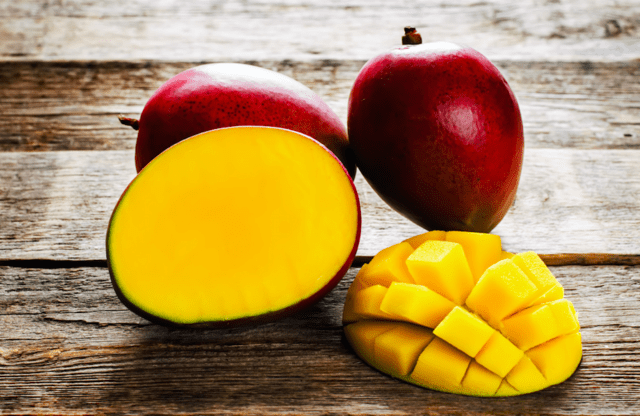
Citrus fruits are not the only culprits of allergies. Many other exotic fruits are also classified as allergy-causing fruits. Often it is caused not by the fruits themselves, but by the chemicals that they are treated with to preserve freshness during transportation. Doctors strongly do not recommend giving such fruits to children under five years of age. If you still dare to pamper your child with them, then start with the smallest pieces. And then carefully observe the reaction of the body. Pineapple can cause severe redness and itching, swelling of the larynx, difficulty breathing, and coughing. Kiwi may cause red spots on the skin. In particularly severe cases, there is shortness of breath and spasms in the bronchi. Mango causes a rash all over the body, swollen lips, and unripe fruit – also an upset stomach. Less often, the allergy manifests itself on bananas. It is easy to recognize it by the strong itching that passes from the skin to the oral cavity.
Forbidden Fruits
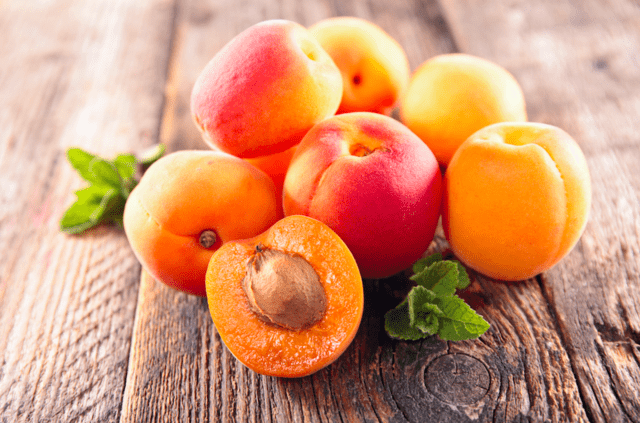
Especially active fruit allergy begins in the summer. Children, unfortunately, are more susceptible to it. From the shelves of shops and markets, fragrant velvety apricots migrate to our tables. But it is these fruits that are loved by many kids that cause allergic torment. Often they begin in the spring, along with the flowering of fruit trees. The ubiquitous pollen causes tears, nasal congestion, and suffocation. However, the fruits themselves can provoke redness of the skin and mucous membrane, obsessive itching, nausea or digestive problems. Similar symptoms make themselves felt when eating plums, peaches, nectarines and other fruits with a large stone. By the way, it is not only them that you should beware of. Baby shampoos, shower gels and creams with fruit additives can also cause negative reactions with increased sensitivity of the child’s body.
The enemy in the orange skin
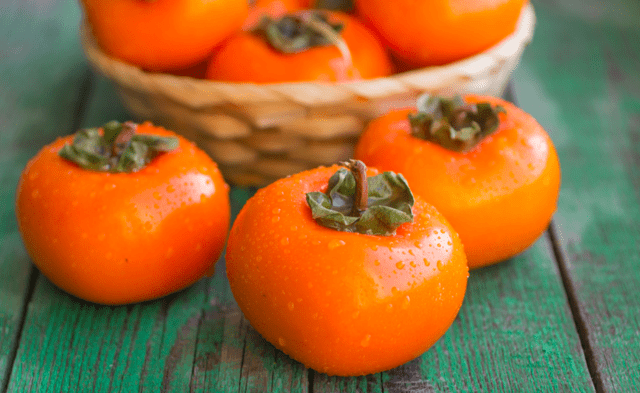
What other allergenic fruits should caring parents know about? Not so long ago, persimmon was included in their number. And although there are fewer chances to try this fruit in the summer, you should not lose your vigilance. Allergic reactions from persimmons are susceptible to children under ten years of age. They manifest themselves in the form of coughing, scratching in the throat and increased tearfulness. These symptoms are easily confused with a cold and at the same time allow the allergy to take a more complex form. The danger is that if allergens accumulate in the child’s body in large quantities, it can cause anaphylactic shock. Do not forget about the chemicals that are generously watered with these orange fruits. They can also trigger allergies. Fortunately, a thorough washing of the fruit will help to protect the child in this case. And allergens are neutralized by heat treatment. However, the amount of vitamins in the fruit will decrease from this.
Passion for berries
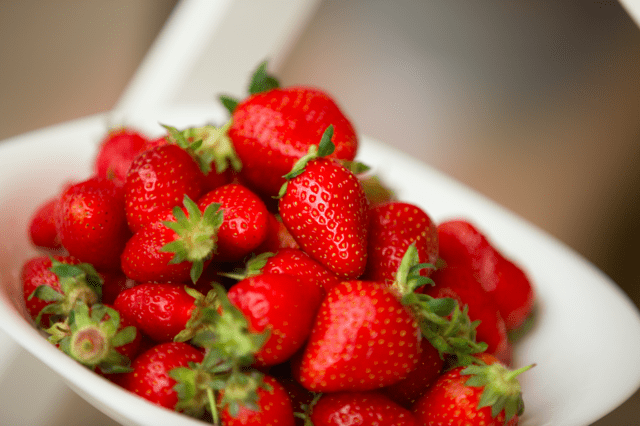
Do not leave without proper attention and berries. These are also very common allergens. Among them, strawberries are the undisputed leader. The first reason to be wary is close relatives who are allergic to this berry. There is a high probability that the disease will be inherited by the child. It manifests itself quite standardly. The symptom can be either one or several at once. Redness on the skin and itching, swelling and tingling in the throat, sneezing and watery eyes indicate that your baby should not be given strawberries in any form. By the way, the combination of strawberries and dairy products can aggravate the situation. Do not forget that milk protein is also a strong allergen. In addition to strawberries, raspberries, blackcurrants, blackberries and dark grape varieties are dangerous. Fortunately, there are many other berries that will not cause the child’s health the slightest harm.
In any case, fruits-allergens for a child-are not a reason to give up the gifts of nature once and for all. The main thing is to choose them carefully and carefully, and in case of alarming reactions, immediately consult a doctor. So please the children with delicious and juicy fruits, but do not lose your vigilance!









